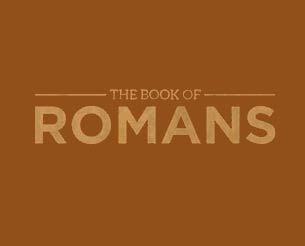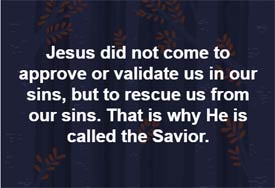Pluralism as Dogma
by Tim Keller & Charles Garland
About every other week, I confront popular pluralist notions that have become a large part of the way Americans think. For example, pluralists contend that no one religion can know the fullness of spiritual truth, therefore all religions are valid. But while it is good to acknowledge our limitations, this statement is itself a strong assertion about the nature of spiritual truth. A common analogy is often cited to get the point across which I am sure you have heard — several blind men trying to describe an elephant. One feels the tail and reports that an elephant is thin like a snake. Another feels a leg and claims it is thick like a tree. Another touches its side and reports the elephant is a wall. This is supposed to represent how the various religions only understand part of God, while no one can truly see the whole picture. To claim full knowledge of God, pluralists contend, is arrogance. When I occasionally describe this parable, and I can almost see the people nodding their heads in agreement.


 Do not replace Christ with political tribalism or the state. These are false christs which cannot save you.
Do not replace Christ with political tribalism or the state. These are false christs which cannot save you. Question: Can someone receive Jesus as Savior, but not as Lord?
Question: Can someone receive Jesus as Savior, but not as Lord? Israel in the Plan of God
Israel in the Plan of God by John Calvin
by John Calvin by John Newton
by John Newton